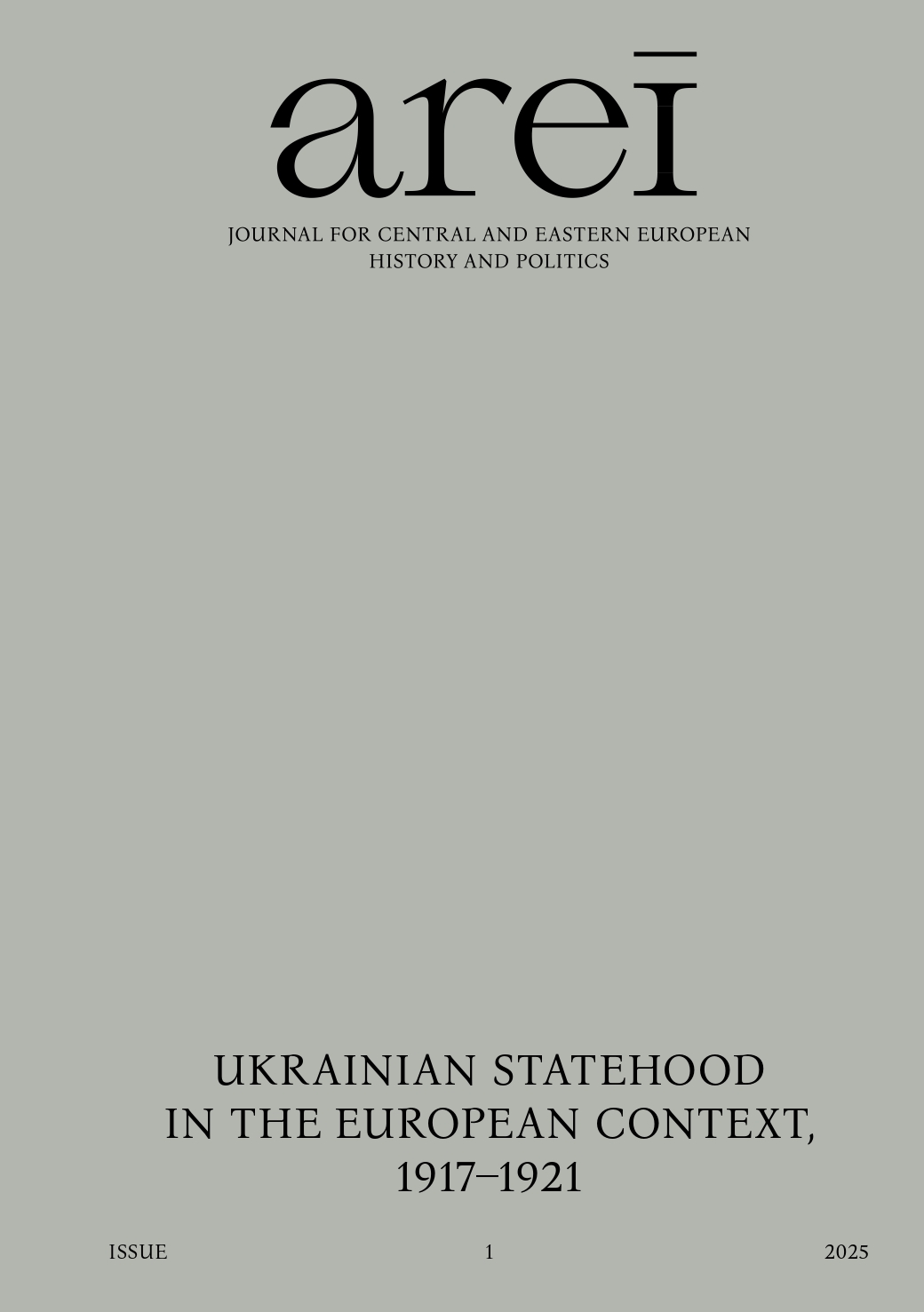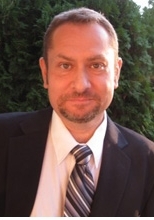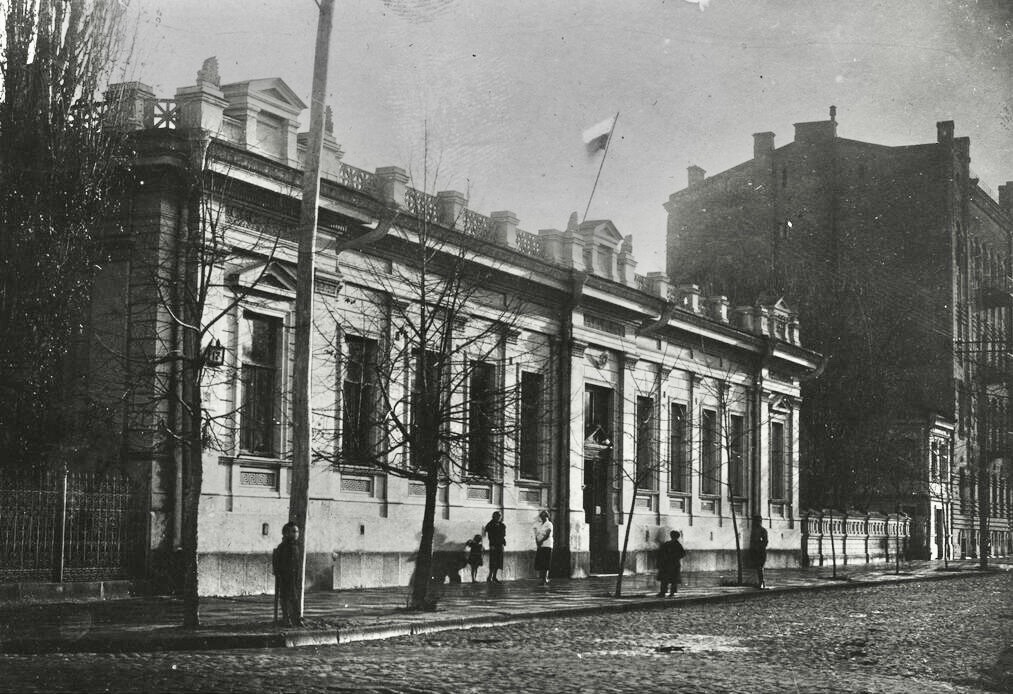Dr Jan Behrends (Leibniz Centre for Contemporary History, Potsdam, Germany)
Prof. Arūnas Bubnys (Genocide and Resistance Research Centre in Lithuania)
Prof. Richard Butterwick-Pawlikowski (UCL School of Slavonic and East European Studies, UK)
Dr Sławomir Dębski (The Polish Institute of International Affairs, Poland)
Prof. Henryk Głębocki (Jagiellonian University in Krakow, Poland)
Dr Mateusz Gniazdowski (Centre for Eastern Studies, Poland)
Prof. Hieronim Grala (Faculty of “Artes Liberales”, University of Warsaw, Poland)
Dr Łukasz Kamiński (University of Wroclaw, Poland)
Prof. Marek Kornat (Cardinal Stefan Wyszyński University in Warsaw, Institute of History PAN, Poland)
Prof. Dino Kritsiotis (University of Nottingham, UK)
Prof. Ivan Kurilla (European University at St. Petersburg, Russia)
Dr Kai-Olaf Lang (Stiftung Wissenschaft und Politik – German Institute for International and Security Affairs)
Prof. Šarunas Liekis (Vytautas Magnus University in Kaunas, Lithuania)
Prof. Michał Łuczewski (Institute of Sociology, University of Warsaw, Poland)
Prof. Olga Malinova (HSE University in Moscow, Russia)
Prof. David Marples (University of Alberta, Canada)
Roger Moorhouse (Royal Historical Society, UK)
Prof. Luke March (University of Edinburg, School of Social and Political Science, UK)
Prof. Andrzej Nowak (Jagiellonian University in Krakow, PAN Institute of History, Poland)
Dr Nikita Petrov (International Memorial, Russia)
Dr Mykoła Riabchuk (Kuras Institute of Political and Ethnic Studies, National Academy of Science of Ukraine)
Prof. Per Anders Rudling (Lund University, Sweden)
Prof. Aliaksandr Smalianchuk (Institute of Slavic Studies, PAN)
Prof. Darius Staliūnas (Lithuanian Institute of History)
Prof. Mariusz Wołos (Pedagogical University of Krakow, PAN Institute of History, Poland)





